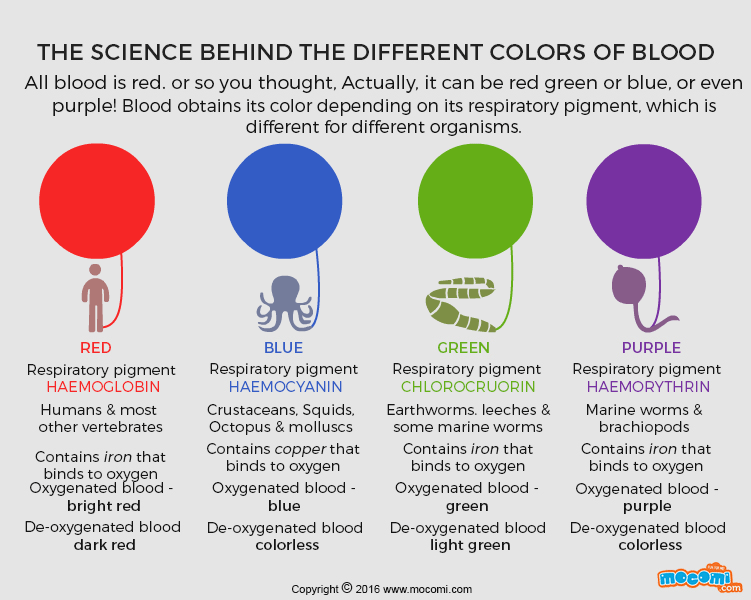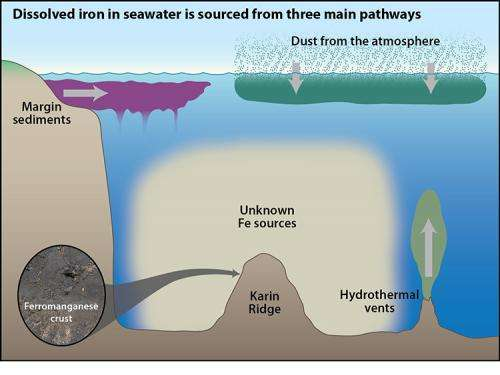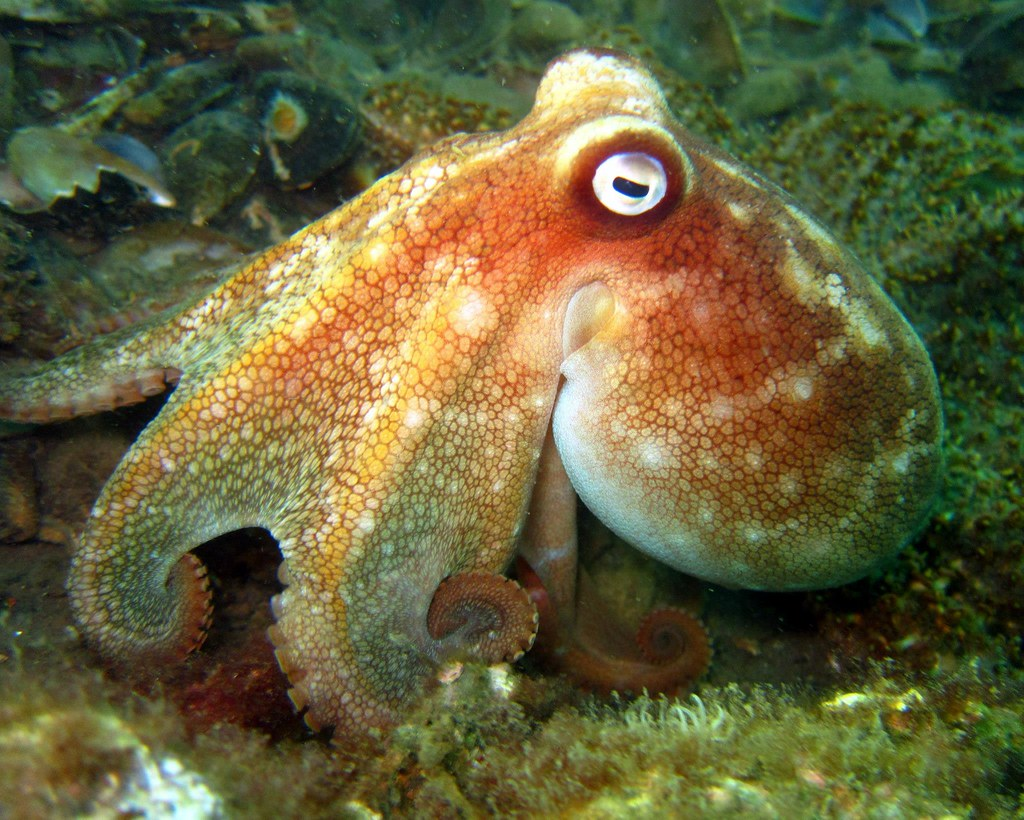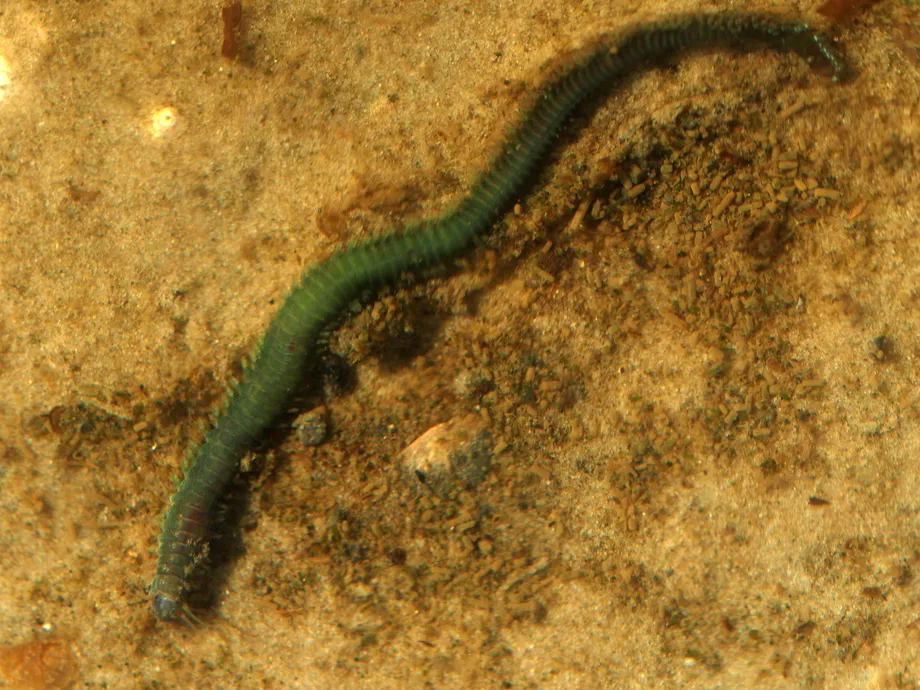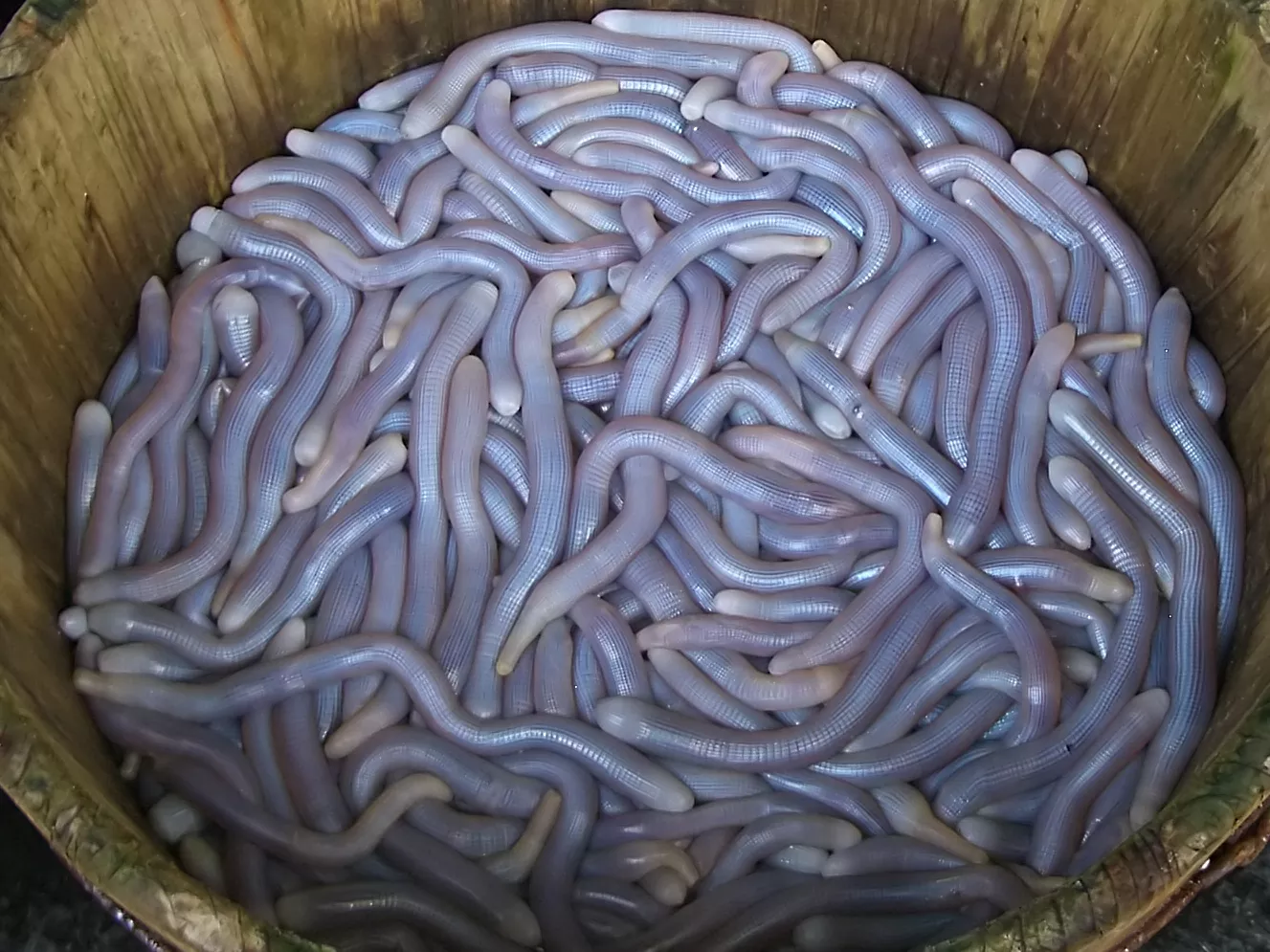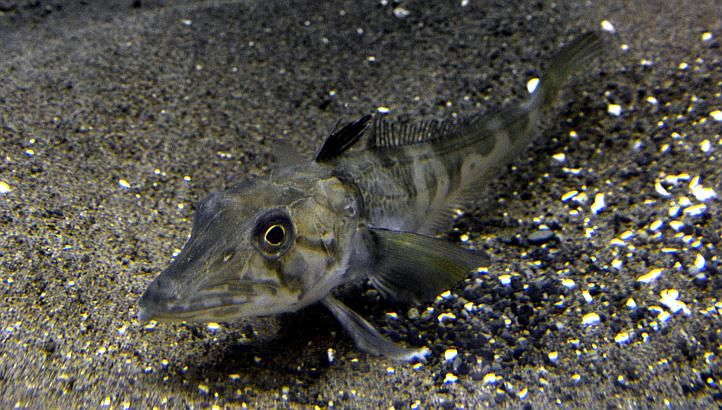Different Colours of Blood in Marine Species!
There are four main colours of blood across the world’s species. These colours are red, blue, green and purple. However, some species may also have blood which runs completely clear. Each of these colours help with certain aspects of the animal’s biology.
Red blood gets its colour from haemoglobin. Haemoglobin is a protein that reacts with iron in the blood and carries oxygen around the body. Iron reflects red light giving the blood its colour. Iron is extremely important as not only is it vital for oxygen transfer, but it also makes up DNA and improves immune function. Humans as well as most other vertebrates have red blood. A study by The Autonomous University of Barcelona (UAB), stated that “the ocean — away from the coasts — is almost entirely devoid of iron. Much of the seawater at the ocean surface contains so little dissolved iron that its concentration could not be accurately measured until the 1980s. Although it is known that the vanishingly-small amounts of iron can cause photosynthetic algae to grow slowly, until now scientists had not considered iron availability as an important factor in the ecology of marine animals.”
So how exactly do red blooded marine animals get enough iron? The answer is a lot of them don’t. It has been discovered for fish and other marine species to be anaemic when enough iron is not present in the food they eat.
Species such as octopuses, squids, molluscs and crustaceans have blue blood. This occurs as they don’t need red haemoglobin to transport oxygen. Instead, they use a different respiratory pigment called haemocyanin. This pigment gets its blue colour as it is enriched with copper molecules which reflect blue light unlike haemoglobin which reflects red light. An example of a species with blue blood is the pale octopus (Octopus pallidus).
Green blooded animals use a protein called chlorocruorin. This protein works similarly to haemoglobin as it uses iron to bind oxygen. What’s interesting is when it is concentrated it can seem red however when diluted, it appears a light green. This type of blood can be seen in some marine worms such as polychaete worms (Polychaeta).
Another blood colour present in marine animals is purple. The purple colour is caused by the protein hemoerythrin. This colour blood can be also found in marine worms such as peanut worms (Sipuncula).
Clear blood is most commonly found in arctic marine species. This is because it lacks all pigments that give it a certain colour. "Cold water can hold a lot more oxygen than warmer water. There's enough dissolved oxygen at these depths that the fish doesn't need an active oxygen carrier like hemoglobin," Oellermann said. A fish with such blood is the ocellated icefish (Chionodraco rastrospinosus). Not only does this fish have clear blood but it also has no scales. It is believed by scientists that oxygen is easily absorbed from the sea water through the fish’s skin without scales and the oxygen is then pumped around the body with an abnormally large heart.
SHARE THIS ARTICLE






